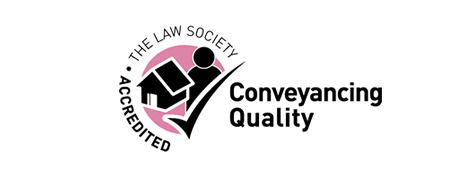JOINT TENANTS VS TENANTS IN COMMON

Do you wish to leave your share of your property to loved ones in your will? This will only work if you co-own your property as a tenancy in common as opposed to a joint tenancy.
Do I have a Joint Tenancy?
This is where each co-owner of property is entitled to its entirety and not individual shares. If a joint tenant dies, their entire interest passes to the remaining joint tenants automatically. The last tenant becomes the sole and absolute owner. In essence, to a third party, joint tenants appear to be a single owner. So, you cannot leave property in your will if it is co-owned as a joint tenancy, as the principle of survivorship overrides your will. This is why it is important to know how you own your property and we can help you discover this.
Do I have a Tenancy in Common?
Here, each owner is entitled to an identifiable share of property which can be left to a third party in a will or indeed sold or gifted during their lifetime. A tenancy in common may arise where the language of a conveyance indicates that each co-owner holds distinct shares or when an existing joint tenancy is severed. We can assist you in creating a tenancy in common when purchasing property or in severing an existing joint tenancy.
Should I sever?
Joint tenancies are usually prevalent in couples and a severance may be advisable if your relationship is breaking down. This is because if you die, your former partner may leave their interest in the property to a new partner and/or children in their will. Similarly, if you are in a second marriage and you die, your own children may not benefit from your property under your surviving spouse’s will.
Severance may also be advisable if you have contributed a considerable amount more to the purchase price of a property than other co-owners. However, it is important to note that severed shares are presumed to be equal unless there is an agreement otherwise. A tenancy in common may also be useful when obtaining care home funding. This is because only your share, as opposed to the entire value, is taken into account for local authority financial assessment determining contribution to care fees.
There is no need for consent of other joint tenants for an individual co-owner to sever a joint tenancy and any joint tenant can sever at any time. If you are buying property and require advice, contact our Conveyancing Team or if you would like to draw up your will, contact our Private Client Team on 01425 471 424.
Disclaimer: information on our website is published for general information only and represents our opinion on matters at the date of publication. It does not constitute legal advice and must not be treated as a substitute for it. For legal advice, contact us on 01425 471 424.









